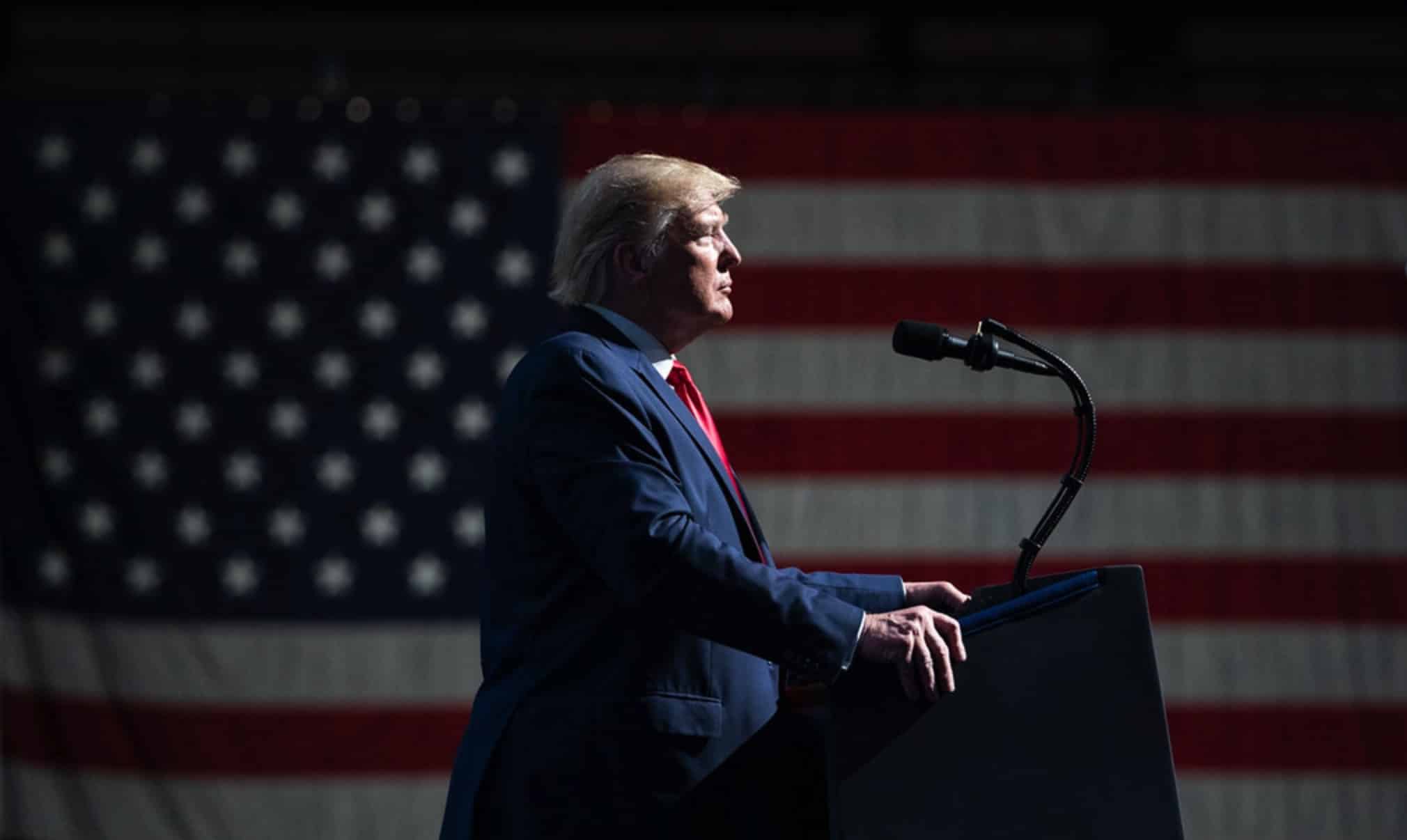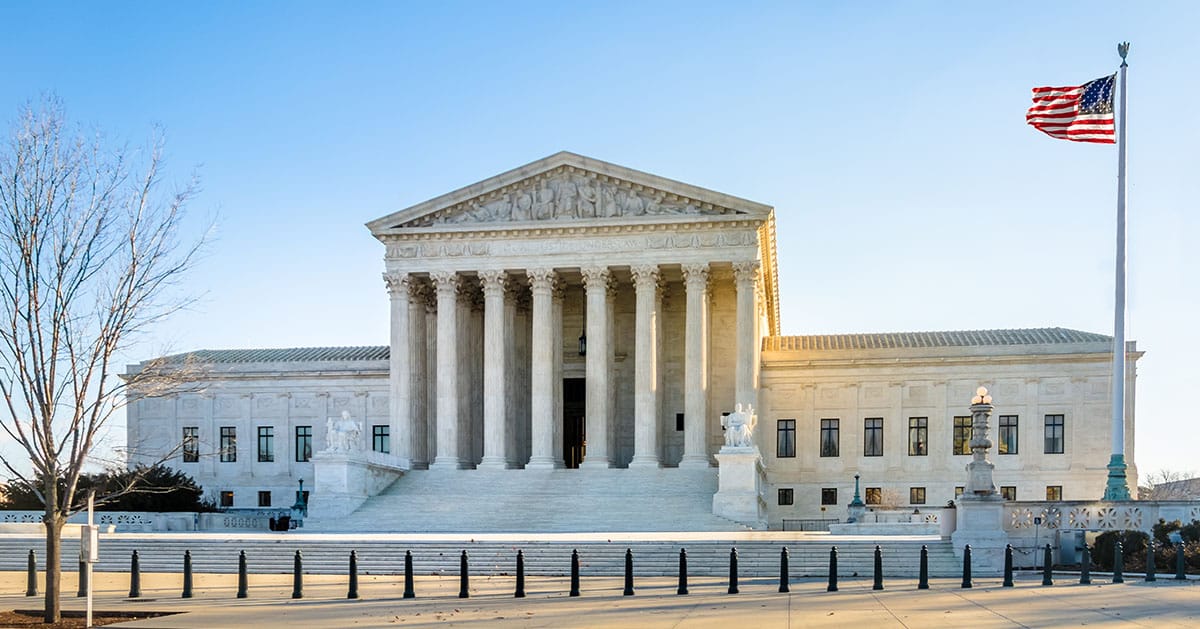






Zohran Mamdani’s surprise win in the New York City mayoral Democratic primary has sparked a firestorm over his defense of the phrase “globalize the intifada.”
Fox News reported that House Minority Leader Hakeem Jeffries, D-N.Y., voiced concerns about Mamdani’s stance after the socialist’s upset victory, urging him to clarify his position on the controversial phrase and prove he can tackle antisemitism in the city.
Mamdani’s primary triumph shocked the Democratic establishment, thrusting the young activist into the spotlight.
His ties to anti-Israel activism, however, have raised eyebrows among party leaders. Jeffries, a cautious voice, has yet to throw his support behind the nominee.
On Wednesday, Jeffries congratulated Mamdani over the phone but kept his endorsement on ice. “I don’t know him well,” Jeffries admitted, signaling a wait-and-see approach. He plans to meet Mamdani soon to dig into his views.
The phrase “globalize the intifada” took center stage when ABC’s Jonathan Karl pressed Jeffries on “This Week” last Sunday.
Noted for its antisemitic undertones, the phrase has become a lightning rod for criticism. Mamdani’s refusal to disavow it outright has only fanned the flames.
Jeffries didn’t mince words: “Globalizing the intifada … is not an acceptable phrase.” His demand for clarity cuts through the progressive fog, exposing Mamdani’s dodgy rhetoric. Yet, the socialist’s defenders argue he’s being unfairly targeted for his activism.
Mamdani’s appearance on NBC’s “Meet the Press” the same day did little to quell concerns. When pressed, he sidestepped condemning the phrase, offering a word salad about free speech. His evasiveness suggests a calculated appeal to his activist base.
“It is not language that I use,” Mamdani said, acknowledging concerns but refusing to draw a hard line.
He claims focusing on “permissible” language risks authoritarianism, a weak dodge that skirts accountability. This verbal gymnastics won’t win over skeptical New Yorkers.
Jeffries, representing Jewish communities, stressed that Mamdani must show he’s serious about fighting antisemitism. “He’s going to have to convince folks,” Jeffries said, pointing to the city’s troubling rise in hate crimes. Mamdani’s silence on this front speaks louder than his deflections.
The phrase “globalize the intifada” isn’t just rhetoric—it’s a dog whistle that alarms many in the Jewish community.
Mamdani’s reluctance to disown it fuels distrust among voters already wary of his far-left agenda. His campaign’s silence, despite Fox News Digital’s outreach, only deepens the skepticism.
Jeffries’ measured response reflects a broader tension within the Democratic Party. Progressives like Mamdani push boundaries, while moderates scramble to maintain coalition unity. The clash underscores the tightrope Democrats walk in a city as diverse as New York.
Mamdani’s vision for the city remains vague, overshadowed by this controversy. His claim to focus on “words and actions” rings hollow when he won’t address the phrase head-on. Voters deserve more than platitudes from their potential mayor.
Jeffries’ hesitation to endorse Mamdani signals a rift that could haunt Democrats in the general election.
A fractured party risks alienating voters who prioritize stability over ideological purity. Mamdani’s refusal to pivot may cost him crucial support.
The socialist’s rise reflects a broader shift toward progressive activism, but his baggage threatens to derail his momentum. By doubling down on divisive rhetoric, Mamdani alienates moderates who might otherwise back a fresh face. His gamble could backfire spectacularly.



